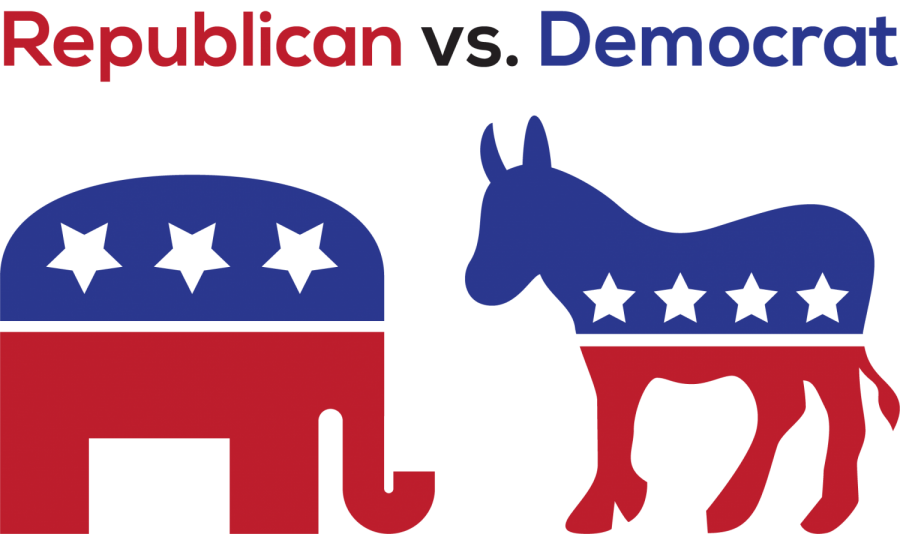Finding peace of mind
Akiliah Crawford ’24 says finding inner peace is more than just a gimmick.
With the rise of new-age spirituality, I think a lot of people have a misconstrued idea of what spirituality is. Spirituality has been reduced to crystals, incense, and evil eyes. I’m not saying there’s anything wrong with that, but it’s deeper than rubbing two rose quartz together and manifesting a new boyfriend. In my eyes, spirituality is the practice of living in the Now, and growing and finding enlightenment and peace of mind.
Some keywords and phrases for this article are ‘peace of mind’ and ‘Enlightenment’. Peace of mind is a state of mental clarity. Enlightenment is to “end suffering”. It’s a broad definition, but in this case, I am speaking of the end of mental suffering.
A true state of peace is already within, but it’s clouded by your mind. At our age, the mind can be a confusing place. At any age, really. You might find that you overthink, or feel like your brain is always on go. The solution is to learn to detach your “self” from your mind. A lot of the thoughts we have are unnecessary or even distracting. To find peace of mind, you must have a clear mind.
Sounds easier said than done, of course. There are conscious thoughts and there are intrusive thoughts. Conscious thoughts are the ones that you, your “self”, are thinking. Such as when you’re in algebra thinking about how to solve for the slope. Intrusive thoughts are the ones that your mind is thinking. The ones that kinda just pop up. The key to peace of mind is to not listen to these thoughts but to observe them.
Anytime a thought that you didn’t consciously think pops up, just observe it. My theory is that these thoughts come from a deeper part of your mind, and are reflections of who you are or what you’re going through. The key to peace of mind is to let these thoughts pass. Do not linger on these thoughts, instead take them into account and continue with your day. Observe these intrusive thoughts because they’re important, but don’t fixate on them. Once you detach your “self” and mind, you’re on the way to Enlightenment.
I define Enlightenment as growing into a “peace of mind” and eventual state of happiness. To Buddha, to be enlightened is to “end suffering” and there is no specified meaning to this definition of enlightenment. Personally, it’s the truest definition of Enlightenment. The process is different for each individual and is not linear either. On your journey to find peace of mind you’ll have ups and downs, that’s guaranteed. Just remember that your healing journey is your own and you’re in control of your path. It will all fall into place.
A good book that further discusses this idea is “The Now” by Eckhart Tolle. If this topic interests you, it’s on Amazon for eight bucks or so.

















